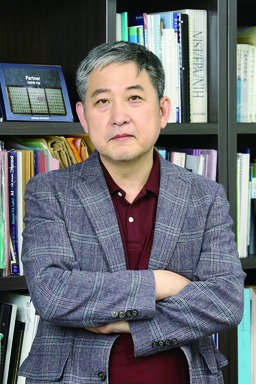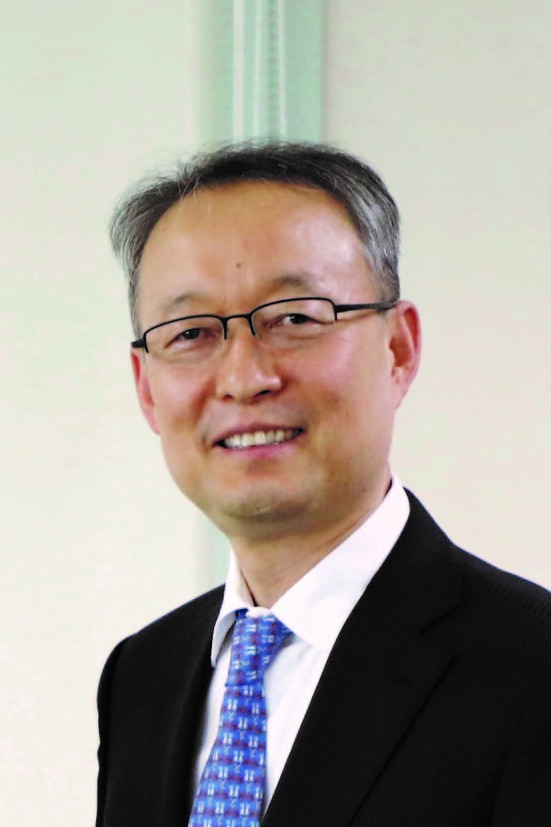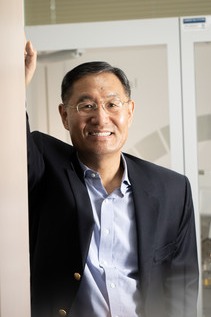Professor Kim Ki-hyun of the Department of Civil and Environmental Engineering, Professor Paik Un-gyu and Professor Sun Yang-kook of the Department of Energy Engineering (names in Korean alphabetical order) were listed in the "Highly Cited Researchers (HCR)" by a global research and analysis company Clarivate.
On November 16, Clarivate announced 6,602 top 1% researchers with the most cited papers based on its data and analysis by a bibliometric analysis expert. There are a total of 44 Korean researchers on the list.
The number of researchers who have achieved great research results in Korea, including those ranked in multiple categories and foreign researchers studying in Korea, is 55. Thirty-four researchers have been listed for two consecutive years, including Professor Kim Ki-hyun of the Department of Civil and Environmental Engineering and Professor Paik Un-gyu and Professor Sun Yang-kook of the Department of Energy Engineering at Hanyang University.
Professor Kim Ki-hyun has researched environmental pollution for more than 30 years, contributing to the technological advancement in measuring harmful substances in the atmosphere.

Professor Kim Ki-hyun of the Department of Civil and Environmental Engineering has been selected as the top 1% researcher in the "Environment and Ecology" field for three consecutive years. This year, he was ranked in two fields, including the "Engineering" field.
Professor Kim has been researching environmental pollution for more than 30 years. His major research field is technology development for air pollutant elimination. He develops functional material for applying a matte catalyst and adsorption technology to solve air pollution problems. Professor Kim is a world-class researcher in the "high-efficiency air purification system" that combines material technology and air cleaning technology. In addition, he contributed to the technology advancement of cryogenic trapping-thermal desorption-based pretreatment to accurately measure odors and harmful substances present in very small amounts in the atmosphere. He has also been listed as a "national scholar" in Korea for establishing a management system for air pollution.
Professor Paik Un-gyu develops new energy technology, leading the technology advancement in semiconductor device processing.

Professor Paik Un-gyu of the Department of Energy Engineering has been selected for two consecutive years as the top 1% researcher in the "Cross-field," having had a strong influence on other researchers in the same field.
Professor Paik's primary research fields are energy materials, energy devices fabrication, and semiconductor device processes. Professor Paik is currently developing new energy technologies such as next-generation secondary batteries that will lead energy-related industries based on material design and reforming technologies. Also, he is leading the advancement of semiconductor device processing technology in cooperation with leading domestic and foreign semiconductor companies.
Professor Sun Yang-kook takes the lead in secondary battery research with the development of next-generation cathode material to lead the electric vehicle market.

Professor Sun Yang-kook of the Department of Energy Engineering was chosen as the world's top 1% researcher for six consecutive years since 2016. In two fields, Chemistry and Materials Science, he has been listed as the world's top 1% researcher for two consecutive years.
Professor Sun is a world-class authority who has produced outstanding research results in studying secondary battery materials even before the rise of the relevant market. He published 664 papers on secondary cells, and the total number of citations for the secondary battery is 68,364 (as of November 2021, Google Scholar). In addition, with only Korean technology, Professor Sun developed a next-generation secondary battery cathode material that maintains more than 90% of the performance even if used for 20 years. Professor Sun's cathode material technology is expected to be a catalyst that will drive the third-generation electric vehicle market.
Meanwhile, by country, the United States (2,622) has the largest number of HCR in 2021, followed by China (935), the United Kingdom (492), Australia (332), Germany (331), the Netherlands (207), Canada (196), and France (146).
By research institution or organization, Harvard University (214) ranked 1st with the highest number of researchers, followed by the Chinese Academy of Sciences (194), Stanford University (122), the National Institutes of Health (93), the German Maxplanc Association (70), and the Massachusetts Institute of Technology (64).

